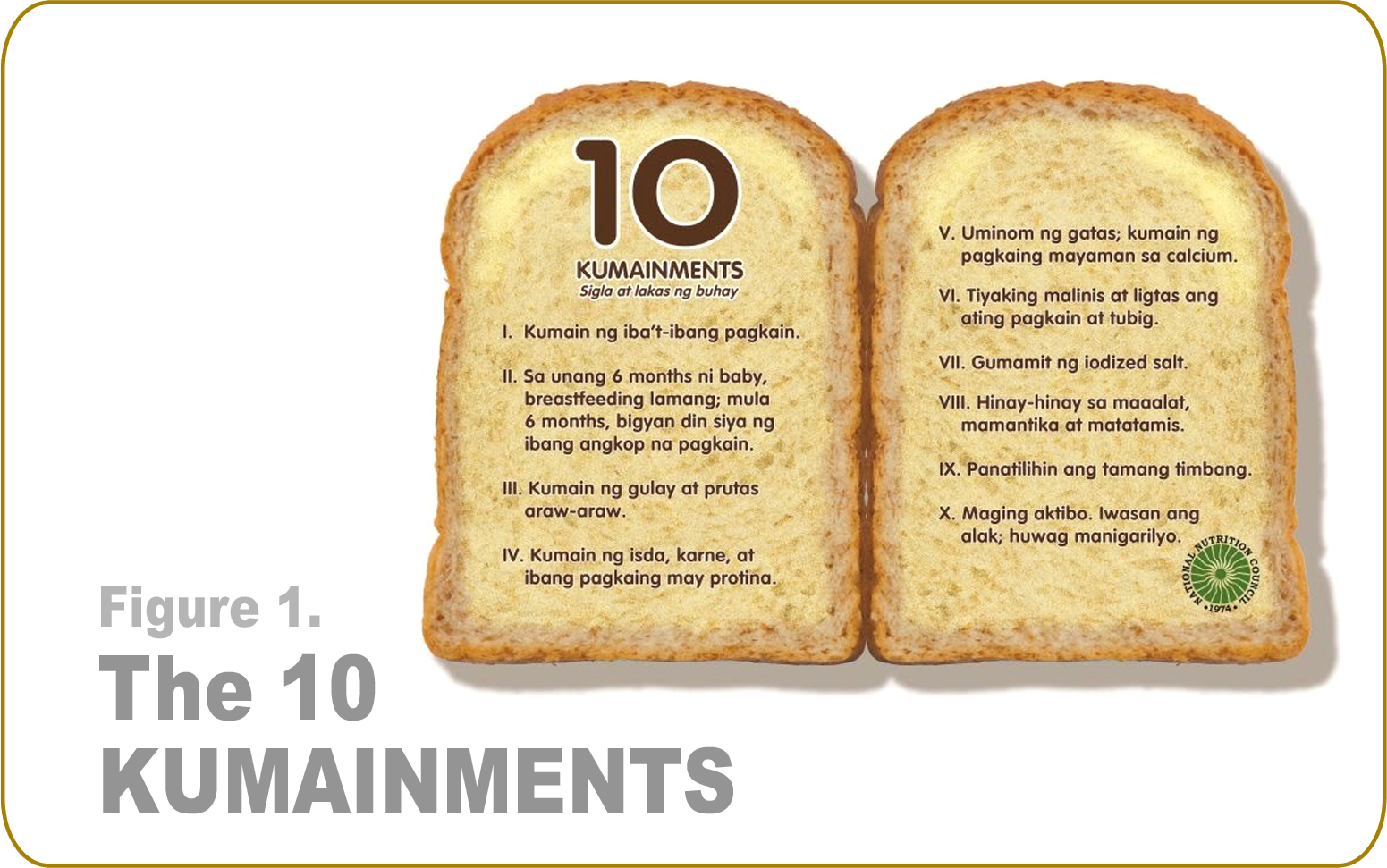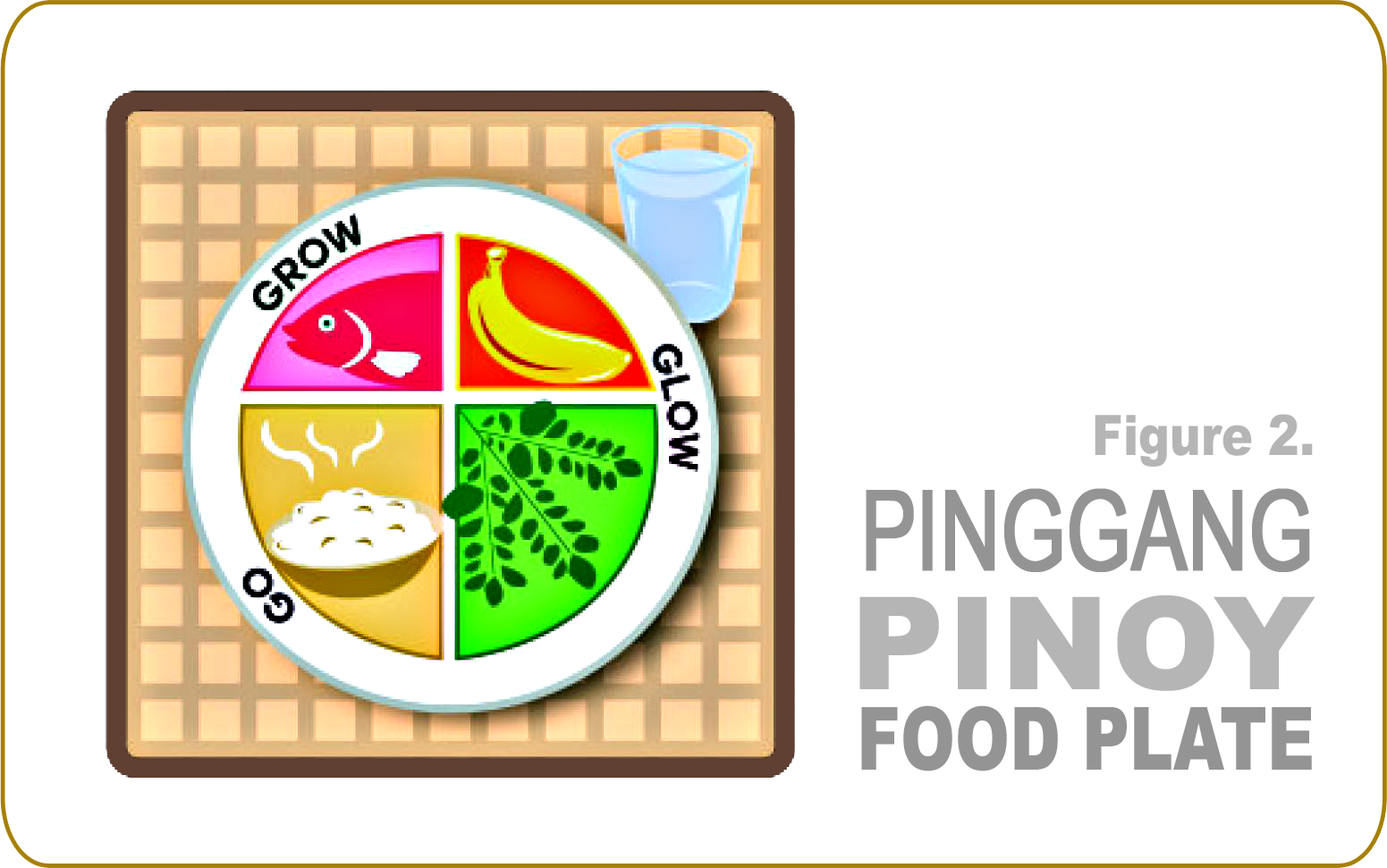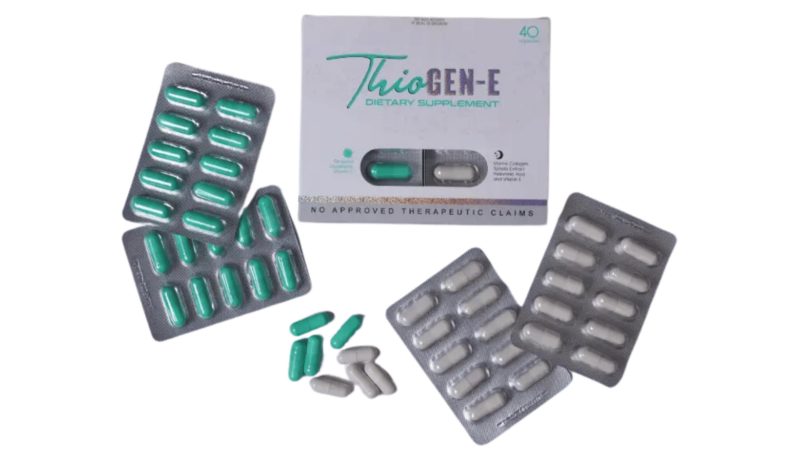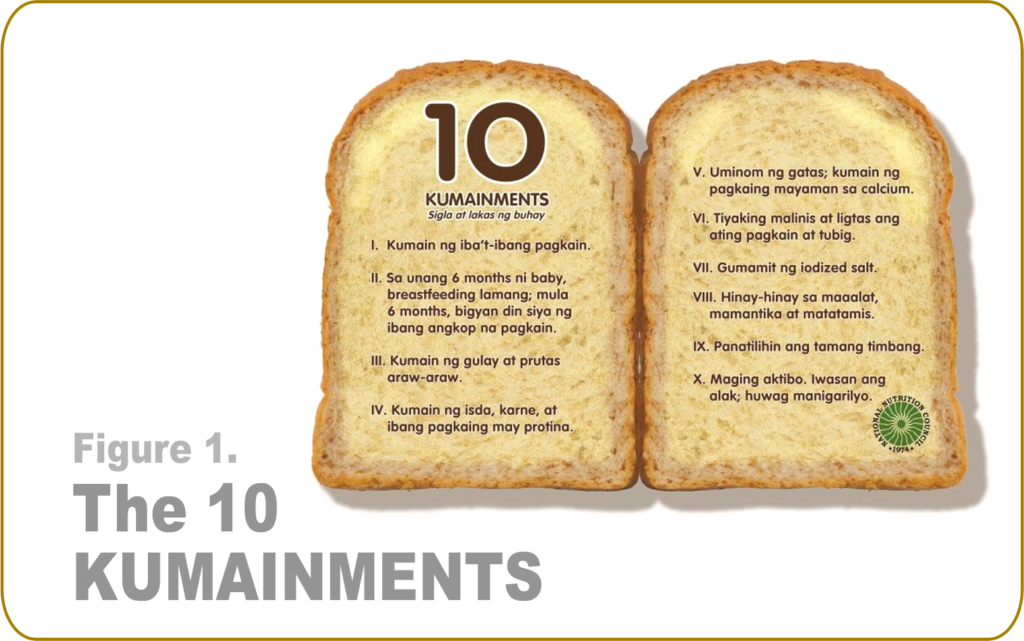No products in the cart.
Healthy Nutrition
Proper Nutrition: A Healthier You
BY: Hershey M. Angeles, RND
NDAP Member
Proper nutrition is important for our overall well being. Achieving a healthy body starts from a healthy lifestyle and part of this lifestyle is eating habits. A healthy diet is necessary for proper body functions, growth and development, immunity and, energy production and many others. But how do we ensure we are eating a “healthy” diet? Is eating fruits and vegetables; or taking the kilocalories (kcal) of foods into consideration enough?
These guidelines from the different sectors around the world may help you.
From Food and Agriculture Organization (FAO) of the United Nations, a healthy diet:
- Includes a variety of foods from different food groups, also includes a variety of foods from different food groups;
- Meets the individual needs for calories and nutrients;
- Is safe, with no risk from toxins, bacteria, mold or chemicals;
- Is enjoyable and culturally acceptable; and is available and sufficient each day and all year round.
The World Health Organization (WHO), a healthy diet emphasizes:
- Vegetables and fruits;
- Whole grains;
- Root crops;
- Fat-free or low fat milk; lean meats, poultry, fish, egg, beans and nuts; low in saturated fats, trans fats, cholesterol, sodium and added sugars.
Our very own National Nutrition Council (NNC), create these guide especially for Filipinos:
- Eat a variety of foods every day to get the nutrients needed by the body.
- Breastfeed infants exclusively from birth up to 6 months then give appropriate complementary foods while continuing breastfeeding for 2 years and beyond for optimum growth and development.
- Eat more vegetables and fruits every day to get essential vitamins, minerals, and fiber for regulation of body processes.
- Consume fish, lean meat, poultry, egg, dried beans or nuts daily for growth and repair of body tissues.
- Consume milk, milk products and other calcium-rich foods every day for healthy bones and teeth.
- Consume safe foods and water to prevent diarrhea and other food- and water-borne diseases.
- Use iodized salt to prevent iodine deficiency disorders.
- Limit intake of salty, fried, fatty and sugar-rich foods to prevent cardiovascular diseases.
- Attain normal body weight through proper diet and moderate physical activity to maintain good health and help prevent obesity. What’s more, be physically active, make healthy food choices, manage stress, avoid alcoholic beverage and do not smoke to help prevent lifestyle-related non-communicable diseases.
These guidelines by the NNC was revised into simple messages for better communication and understanding of the Filipinos. This is promoted as the 10 Kumainments (Fig. 1) which is also translated into different regional languages.

FNRI-DOST also created an infographic for a healthy diet which is the PINGGANG PINOY (Fig. 2). This helps Filipinos to know the right amount and right kind of food to eat every meal.

Being aware of these guidelines, applying this in your everyday meal, and turning it into a habit, is sure to take you in the right path into a healthier you!
Reference: National Nutrition Council. 43rd Nutrition Month July 2017, Talking Points, Healthy Diet Gawing Habit for Life!. http://www.nnc.gov.ph/downloads/2016-nutrition-month-materials. 14 June 2017.
More Insights About Proper Nutrition
Beyay Pharmacy is committed in providing high quality supplements that are safe and effective. Two supplements are getting popular due to it’s health benefits among our consumers Neuro Blaze and Thiogen-E. Neuro Blaze is a cutting-edge food supplement meticulously crafted to ignite your cognitive prowess and fortify your well-being. Packed with a potent blend of brain-nourishing elements including EPA & DHA Omega 3, L-Tyrosine, Phosphatidylcholine, Zinc, Cyanocobalamin, Thiamine, and Pyridoxine, it fuels mental acuity while promoting normal cognitive function and neurotransmitter production. The inclusion of Lutein safeguards against eye disorders, synergizing with the robust antioxidants Vitamin A, C, and E to bolster vision and immunity.

Thiogen-E, the dynamic duo of beauty enhancement designed to unveil your timeless allure. The Glow capsule packs 550mg of Glutathione and 70mg of Vitamin C, while the Ageless capsule combines 260mg of Marine Collagen, 60mg of White Tomato Extract, 50mg of Hyaluronic Acid, and 10mg of Vitamin E for a potent anti-aging punch. With 20 Glow capsules and 20 Ageless capsules in each pack, you’re all set to reveal your ageless glow from within. Just a heads up, ThioGEN-E isn’t suitable for pregnant or lactating women, and if you’re under 18, it’s best to check in with your doctor first. So go ahead, show off your glow, and be the best version of yourself with ThioGEN-E!


